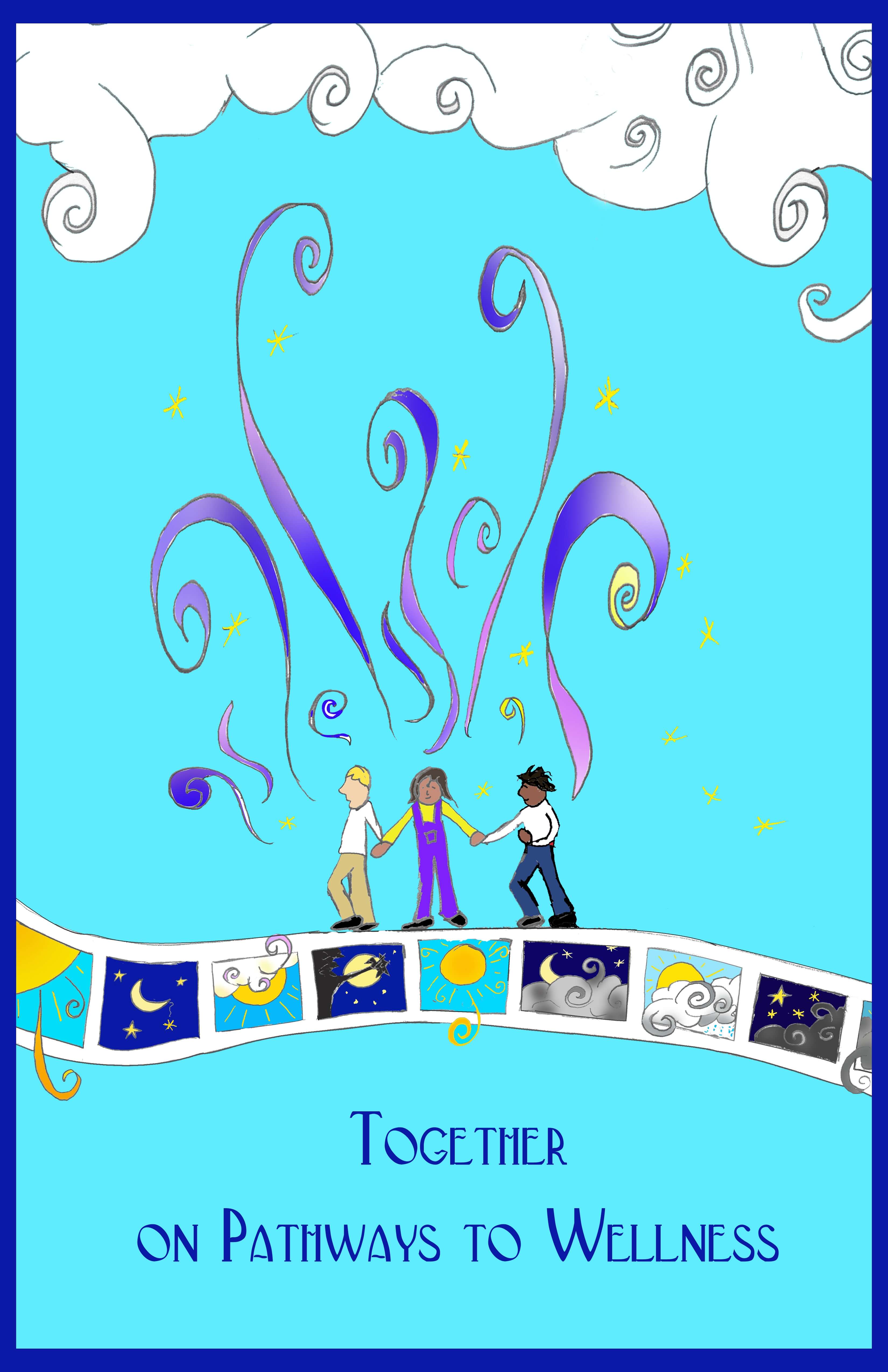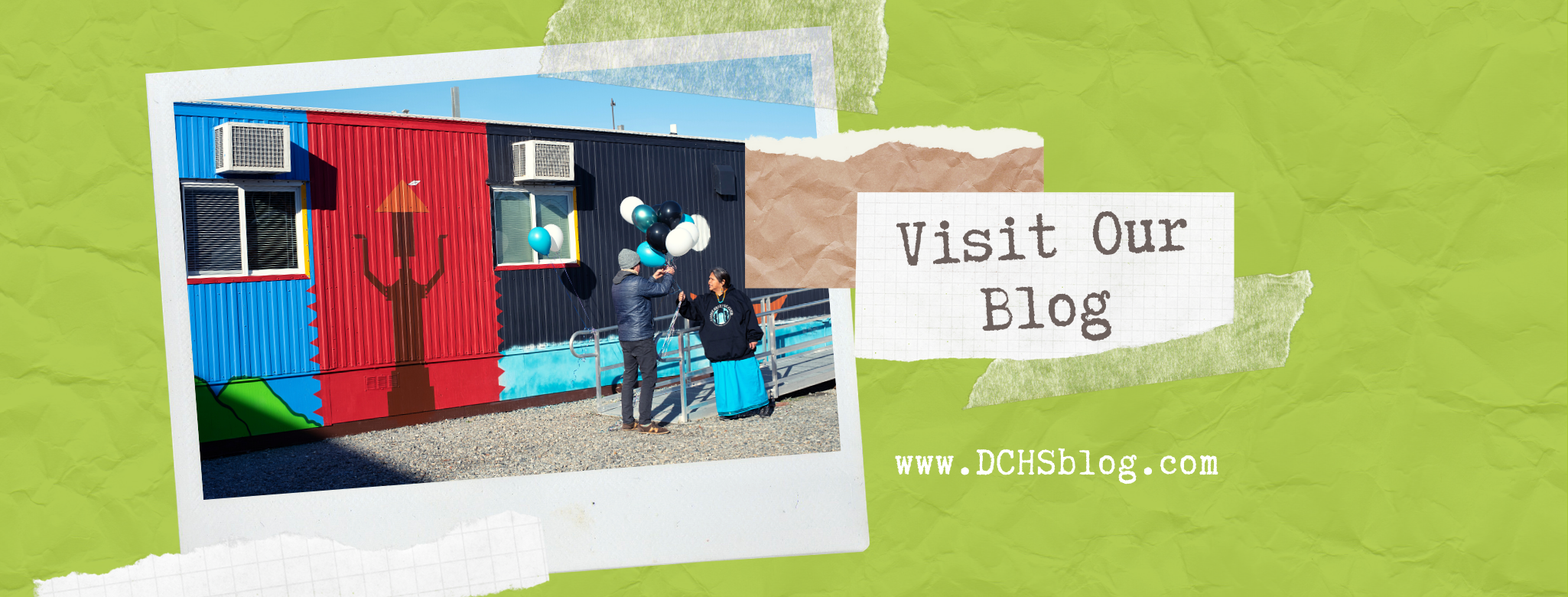May is Mental Health Month: Connect to Wellness
After the last two years of pandemic living, many King County residents are realizing that stress, isolation, and uncertainty have taken a toll on their mental health and well-being. King County Behavioral Health and Recovery Division (BHRD) and partnering organizations are pleased to share actionable resources and activities that can help King County residents improve their mental health and “Connect to Wellness.”
What is Wellness?
Some have defined wellness as “the presence of a positive purpose in life, satisfying work and play, joyful relationships, a healthy body and living environment, and happiness.” It's important to note that wellness is also culturally informed and unique to the individual.
How Can One "Connect to Wellness?
We have gathered several actionable resources and activities that may help improve one’s mental health and wellness in four dimensions: emotional, environmental, social, and intellectual. We invite you to explore a new resource each week in May.
Emotional Wellness
The ability to effectively cope with life's challenges.
- Create a personal action plan for wellness self-management using the Action Plan for Prevention and Recovery booklet (based on WRAP® values and key concepts).
- King County Recovery Coalition (KCRC) Presents “Building Youth Resiliency” on Thursday, May 12th. A diverse panel of youth and adults will discuss emerging from the pandemic. This is a free community event, and all are welcome. Registration information can be found on the KCRC website.
Environmental Wellness
Good health by occupying pleasant environments that support wellbeing.
- Connect with nature by taking a Virtual Walk Through a Mountain Forest in the Mt. Rainier area. This YouTube video invites you to take a virtual forest walk and enjoy the views of Comet Falls. The green trees, sounds of streams, and relaxing music can decrease stress and give one a sense of tranquility.
- Walk a labyrinth at a location near you. These stone pathways have been around for centuries, and their winding paths transcend many cultures. Walking a labyrinth encourages mindfulness, aids in stress reduction, and helps one connect to the natural world. Locate a labyrinth near you using the World-Wide Labyrinth Locator.
Social Wellness
Developing a sense of connection, belonging, and a well-defined support system.
- Refer to the “Support on Your Wellness Journey” document for tips on identifying supporters and building a support network. These tips were created by individuals in mental health recovery.
- Attend a mutual self-help or support group with those that share similar experiences. There are many virtual and in-person groups to choose from. You may benefit from exploring support groups offered by NAMI Seattle and Peer Seattle.
- NAMI Seattle peer and family support groups are free, drop-in, and peer-led. All NAMI Seattle support groups currently meet online via Zoom.
- Peer Washington offers a variety of support groups for individuals impacted by addiction, mental health and/or HIV/AIDS.You can check out their free group schedules online Support Groups | Peer Wa.
Intellectual Wellness
Recognizing creative abilities and finding ways to expand knowledge and skills
- Youth poetry writing activities are available from Pongo Poetry Project free of charge. Pongo Poetry Project’s mission is to engage youth in writing poetry to inspire healing and growth. Youth can even submit their poems to receive responses from Pongo staff, to be considered for republication on Pongo's website, and to share their poetry to educate and inspire others. Write with Us - Pongo Poetry Project
- The self-directed journaling manual titled “Journaling- A Wellness Tool” can be used to improve your mental health. Research suggests that journaling improves mood and reduces depression.
- View the documentary “A New High” free for a limited time on Recovery Beyond’s website. “A New High” is a documentary that details the original idea that brought about Recovery Beyond's mission and vision. An ex-army ranger who works with individuals recovering from substance use disorder at a Seattle homeless shelter decides to train shelter residents for a Mt. Rainier summit attempt. Along the way, the team sets goals together, creates a supportive community with each other, and fosters a sense of hope and accomplishment through their commitment and effort. Please note that the film has not been rated and may contain potentially distressing content for some viewers.
If you are looking for BIPOC and culturally specific resources to help improve mental health, you may want to explore the resource list that NAMI Seattle has put together. NAMI Seattle | Black, Indigenous & People of Color Mental Health Resources
Thank You to Our Partners
We would like to thank our 2022 Mental Health Month planning partners who helped identify these resources and who support King County residents on their mental health and wellness journey.
*Artwork by Jana Nielsen, winner of the 2013 King County Behavioral Health Recovery Poster Art Contest
If you are in crisis:
Call Crisis Connections at 206-461-3222 or 1-866-427-4747, or visit www.CrisisConnections.org. Crisis Connections can help link you to available and appropriate resources and their services lines are available 24/7.

 Translate
Translate


